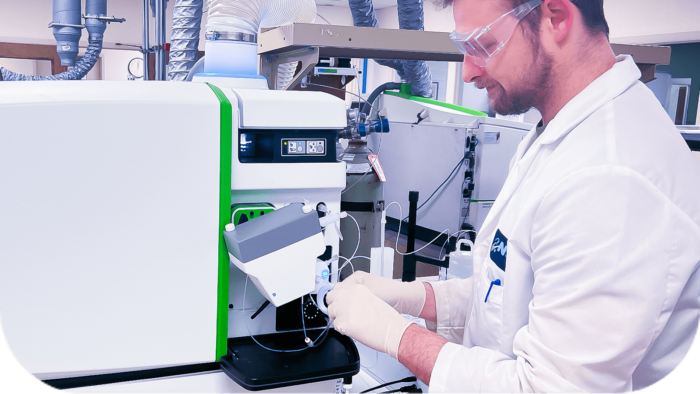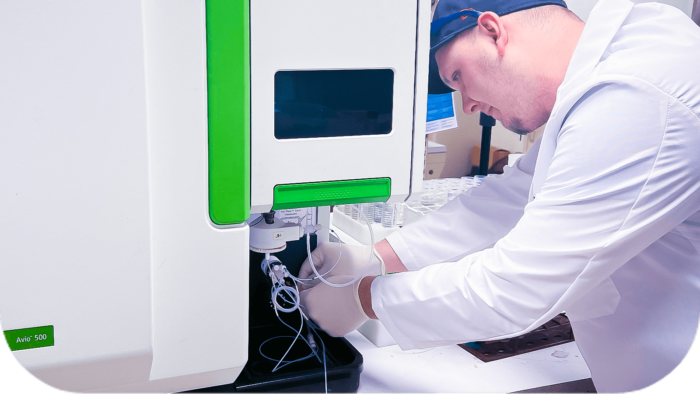Inductively Coupled Plasma (ICP) is an analytical method used to detect and measure elemental composition in a wide range of materials. NSL was the first commercial lab to put in ICP Mass Spectrometry (ICP-MS) – all the way back in 1994.
ICP testing enables NSL to preciously measure the chemical composition by ionizing a sample through a plasma created via a radio frequency generator.
This precise analytical instrumentation can easily identify any inconsistencies that may be mission critical for their intended application


ICP-MS is an elemental analysis method that measures elements using argon (Ar) plasma to convert samples into ions which are measured with a mass spectrometer. NSL’s ICP-MS systems can measure 68 elements with low detection limits, making it a fast and highly sensitive and accurate technique for material analysis.

ICP-OES is another elemental analysis technique which identifies the type and amounts of elements in a sample. In this method, plasma is used to determine the composition. ICP-OES is most commonly used for liquid samples which are nebulized into an aerosol form which is injected into the plasma. This method is the leading technique for standard analysis of liquid samples or other materials that can be easily converted to liquid form.
